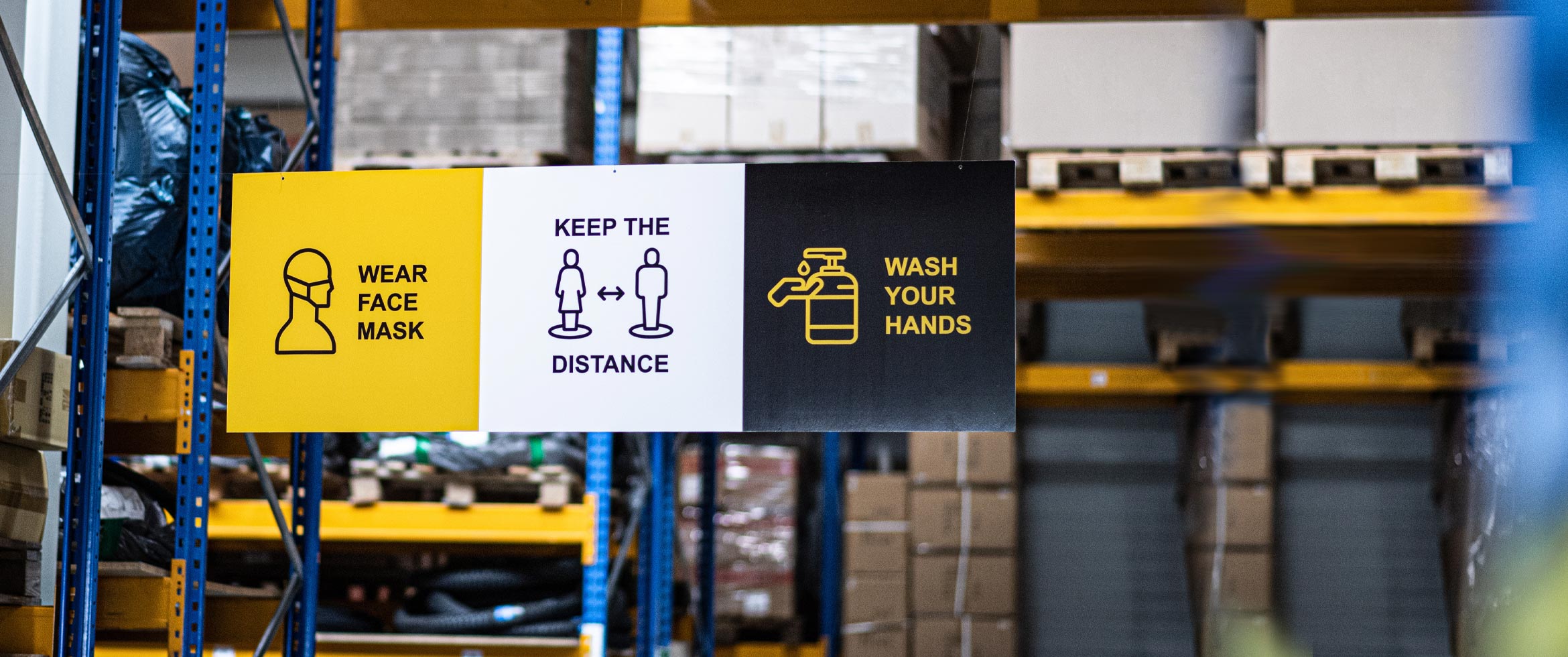Vancouver’s Employee Trip Reduction Program
Stepping It Up
Portland’s Smart Trips Welcome Program
Behavior Change for Nature: A Behavioral Science Toolkit for Practitioners
Creating Citizen Choice Architects
Behavioural Science around the World: A World Bank Report
Social-cognitive factors mediating intervention effects on handwashing: A longitudinal study.
Contzen, N., & Inauen, J., (2015). Social-cognitive factors mediating intervention effects on handwashing: A longitudinal study. Journal of Behavioral Medicine, 38, 956-969.
Using E-mail Listservs to Promote Environmentally Sustainable Behaviors
Artz, N., & Cooke, P. (2007). Using e-mail listservs to promote environmentally sustainable behaviors. Journal of Marketing Communications, 13(4), 257-276.
Using Community-Based Social Marketing Techniques to Enhance Environmental Regulation
Kennedy, A. (2010). Using Community-Based Social Marketing Techniques to Enhance Environmental Regulation. Sustainability, 2(4), 1138-1160
Successfully Changing Individual Travel Behavior: Applying Community-Based Social Marketing to Travel Choice
Cooper, C. (2007). Successfully changing individual travel behavior: Applying community-based social marketing to travel choice. Transportation Research Record, (2021), pp. 88-99.



